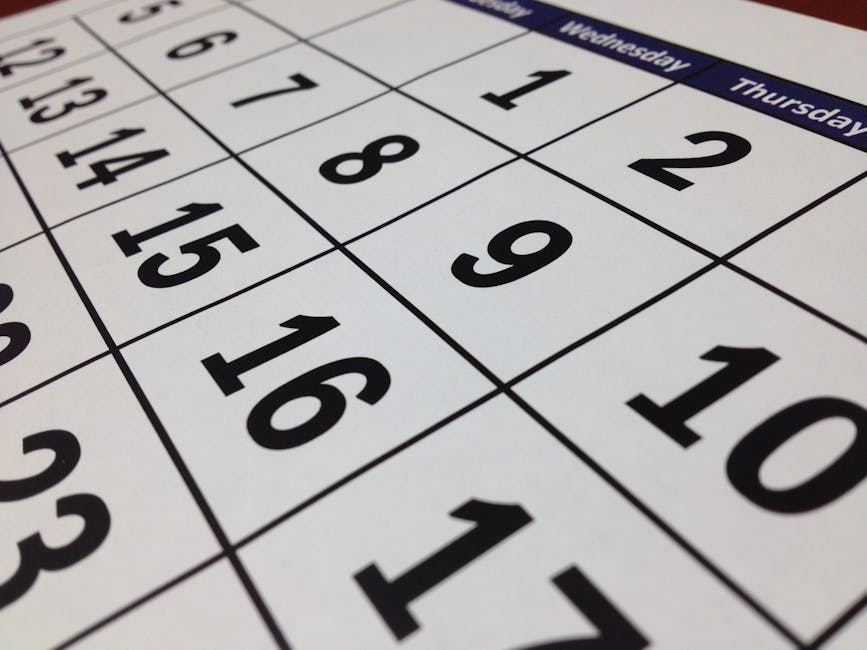Going ‘back to school’ can be a draining task for both you and your child. If your child is just entering ‘big’ school for the first time or is progressing on to the next grade, as parents you need to make sure that they are ready for this change. They need to follow a routine that enables them to be their most productive at school, and for you to be able to manage your schedule as well. Here are some helpful tips.
After summer, the new academic year brings its share of routine and turmoil all at once, and here’s how to cope
Be generous while shopping for supplies

Tip: Avoid taking your child school-supply shopping with you. They might cling onto that Elsa bag which may cost a fortune or fancy an eraser they would never use. Instead buy items and wrap them up as a present to gift to your child nearing to school days from the ‘school fairy’. Your child will be ecstatic to receive a gift while you stick to your budget. If your child is old enough, make a list of items required before stepping out so your child understands where the boundaries are.
Read ‘back to school’ books towards the end of summer

Children learn valuable lessons through books and often identify themselves in characters of stories. Look up online ‘back to school’ books, and either find and read them to your child or simply find an e-book with that topic. Most of these stories deal with children feeling shy or nervous on their first days of school. Your child will be able to identify with these emotions and it will help them communicate their anxiety, if any. The best part is that the stories will always have a happy ending.
Calendar zone

Before you know it, you will be swamped with homework assignments, costume requests, parent-teacher meetings, craft-supply requests and a ton of appeals from the school that you will have to comply with. As soon as you get your school calendar, it is best to jot down important dates on your home calendar as well. If you prefer a more in-your-face approach, use a white board recording important information for the month; this way you are prepared at least a week in advance for what is coming your way.
Label everything
This may seem insignificant if your child is older and is able to identify their belongings, but is still a great way for you to keep a check on having to buy a new water sipper every week. Put small sticker labels of your child’s name and class on most items like their bottles, lunch boxes, bags, extra-curricular bags and equipment so even if they lose their belongings at the play area or the tennis court, it would get returned.
Visit the school

Almost all schools will be busy getting admissions in and open for visits, so take this opportunity to let your child become familiar with their new setting. If they are unable to visit the classroom let your child simply tour the school or even play in the grounds. If the school is on a break, visit their website or social media page to make sure they haven’t made any changes you are not aware of.
Tip: This is a great way for you to peek around the school and check what preparations are underway. You could also talk to the administration department and find out about who your child’s new teacher is and if she is available for a chat or even where your child’s class is so you are more prepared on D-day.
Begin preparations a week in advance

Depending on your child’s age and their adaptability to change, start getting into the groove of the school routine at least a week in advance. This should include adjusting to the new bedtime routine, breakfast and alarms in the mornings, limited playtime or screen time, selecting clothes or ironing uniforms. It is safer to deal with any outbursts while you are in the prep stage rather than when school begins. Do not be afraid to be firm and stable in your rules.
Limit the extravagance
Especially if your child is going to school for the first time, he or she is apprehensive and scared about the new environment they are being forced into and does not need the additional pressure of parents becoming paparazzi clicking his or her every move or even the entire family dropping him off to school. Yes, it is a momentous occasion in your child’s life, which will be etched in your memory forever, but it is more important your child has a smooth and less flustered day. So, keep an atmosphere of love and support around your child with little to no fuss.
No matter how prepared you might be, sometimes things may go wrong. Do not get flustered. When your child sees you are no longer in control, they begin to get nervous. So stay sharp and have a positive attitude. Other special elements you can add to this day are get a small gift or just a flower for your child to give to their new teacher. This will help build a good rapport with the new teacher. Also make sure to hang around long enough to see if your child is comfortable, but there is no need to linger all day. Trust your child’s teacher, because just like you, they only have your child’s best interests at heart.
– Sanobar Mistry is a published journalist and currently works as a kindergarten teacher in the UAE





